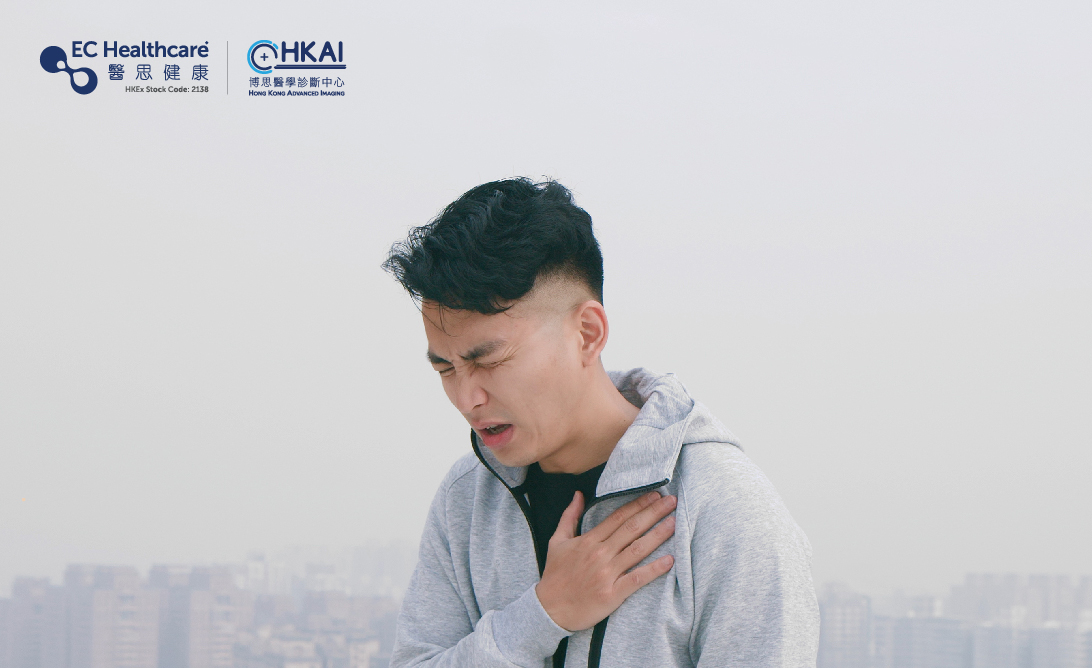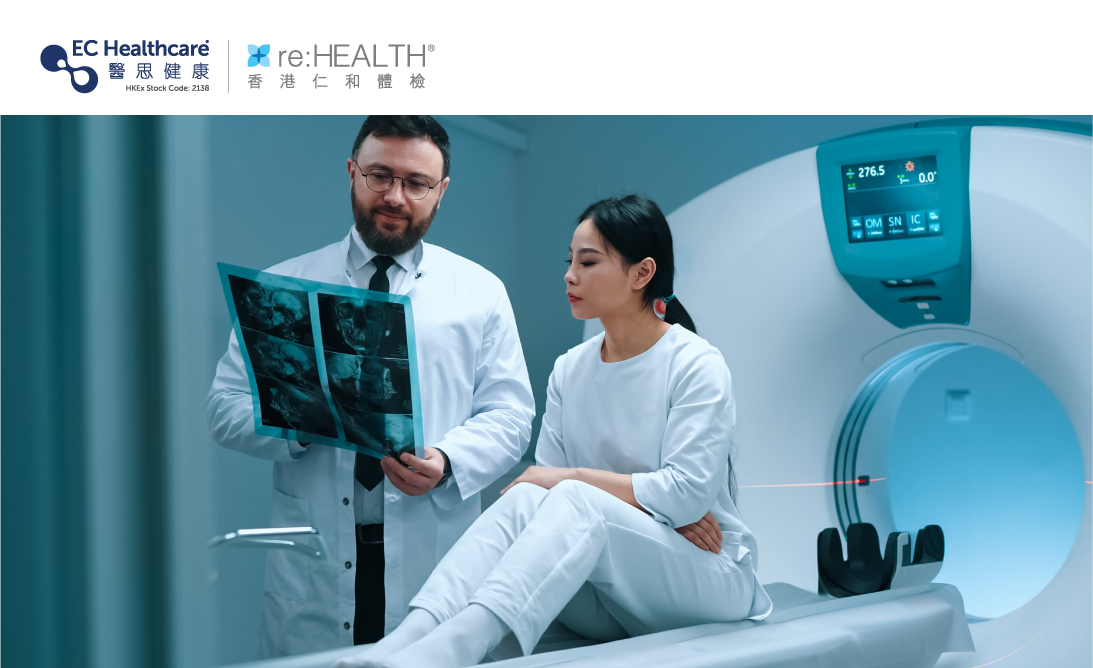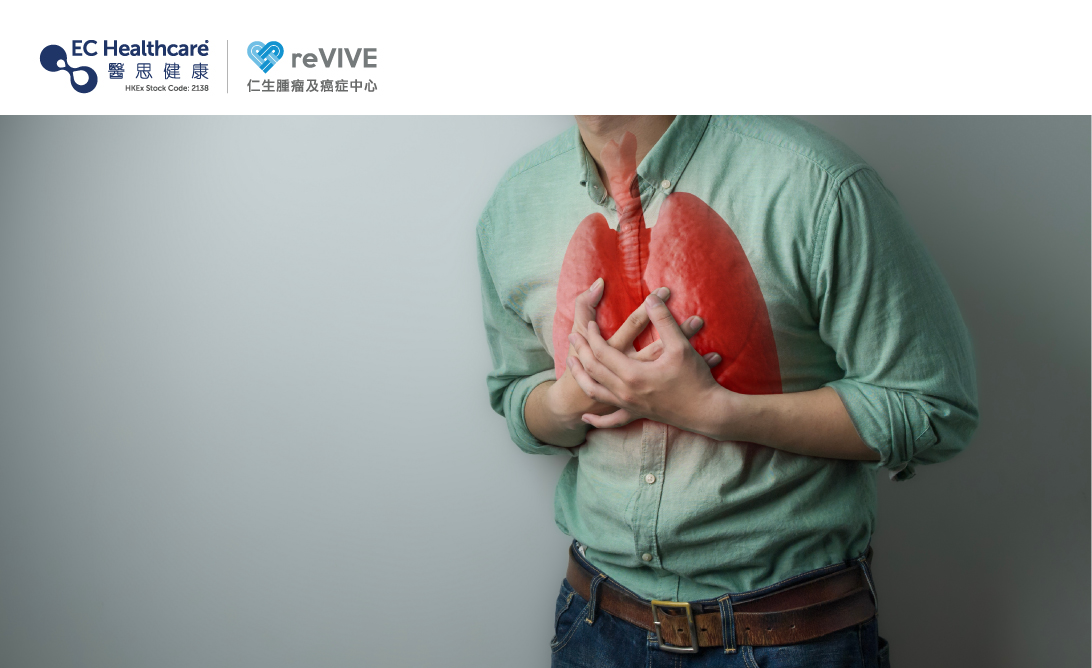Silent Killer: The Importance of Early Detection and Treatment for Lung Cancer


Lung cancer remains the number one killer among the top 10 cancers in Hong Kong, with over 5,000 new cases diagnosed each year, according to the Hong Kong Cancer Registry 2020 statistics.
However, early stage lung cancer is often symptomless, making it easy to miss and delaying treatment. Symptoms such as coughing or mild coughing of blood are often ignored, leading to about 80% of patients being diagnosed with advanced lung cancer when they present with symptoms. The progression from in situ cancer to invasive and metastatic cancers usually takes years, if not decades, as pointed out by Specialist in Clinical Oncology. Detecting and treating lung cancer at an early stage is crucial for a good recovery rate. Most early cases of cancer have a very good recovery rate, with a 92% cure rate for stage 1 non-small cell lung cancer, while only 5% for stage 4.
Detecting Lung Cancer Early
Lung cancer is notorious for being difficult to detect in its early stages. While smoking is a well-known risk factor for lung cancer, exposure to environmental pollutants and carcinogens such as air pollution, second-hand smoke, and cooking fumes can also increase the risk of developing the disease. Many patients report that they have a healthy lifestyle and do not smoke, but still develop lung cancer due to other risk factors. Early stage lung cancer is often asymptomatic, making it challenging to detect without regular screening.That’s why early detection is key to beating lung cancer.
Screen Early, Don't Wait for Symptoms of Lung Cancer
If you have an unexplained cough for more than two to three weeks, you should consult a doctor immediately to find the cause and receive appropriate treatment. Delaying treatment can worsen the condition. As the disease progresses, lung cancer can affect the surrounding lung tissue, leading to the following symptoms:
‧Persistent cough
‧Blood in the phlegm
‧Repeated infections or slow healing of the chest and lungs
‧Hoarse voice
‧Chest discomfort or pain when coughing or taking deep breaths
‧Loss of appetite and weight loss
‧Fatigue
When patients experience more severe symptoms such as difficulty breathing, chest pain, coughing up blood, or blood in the phlegm, they often have advanced-stage lung cancer.
Immunotherapy: New Hope for Late-Stage Lung Cancer Patients
Currently, there are well-established methods for treating lung cancer, and doctors will provide appropriate treatment plans based on the stage of the cancer that the patient is in:
‧Early-stage lung cancer (stage 1): The tumor is still within the lung tissue. Surgery may be performed to remove the cancerous tissue, depending on the patient's overall health.
‧Mid-stage lung cancer (including stages 2 and 3): The tumor has spread to the lymph nodes in the chest or mediastinum. Treatment options may include surgery, followed by chemotherapy and/or radiation therapy, or a combination of both.
‧Late-stage lung cancer (stage 4): The cancer cells have spread to other organs in the body, making surgery no longer an option. Treatment may include chemotherapy or targeted therapy to control the disease.
In addition to traditional treatment methods, lung cancer patients can now opt for the revolutionary method of immunotherapy. This innovative approach involves injecting a special antibody into the patient's body, which binds to the surface of cancer cells or white blood cells, enabling the body's immune system to detect and destroy the cancer cells. Recent data reveals that immunotherapy is effective in up to 80% of lung cancer patients, providing a promising new treatment option for those in advanced stages of the disease.
Related Brands









